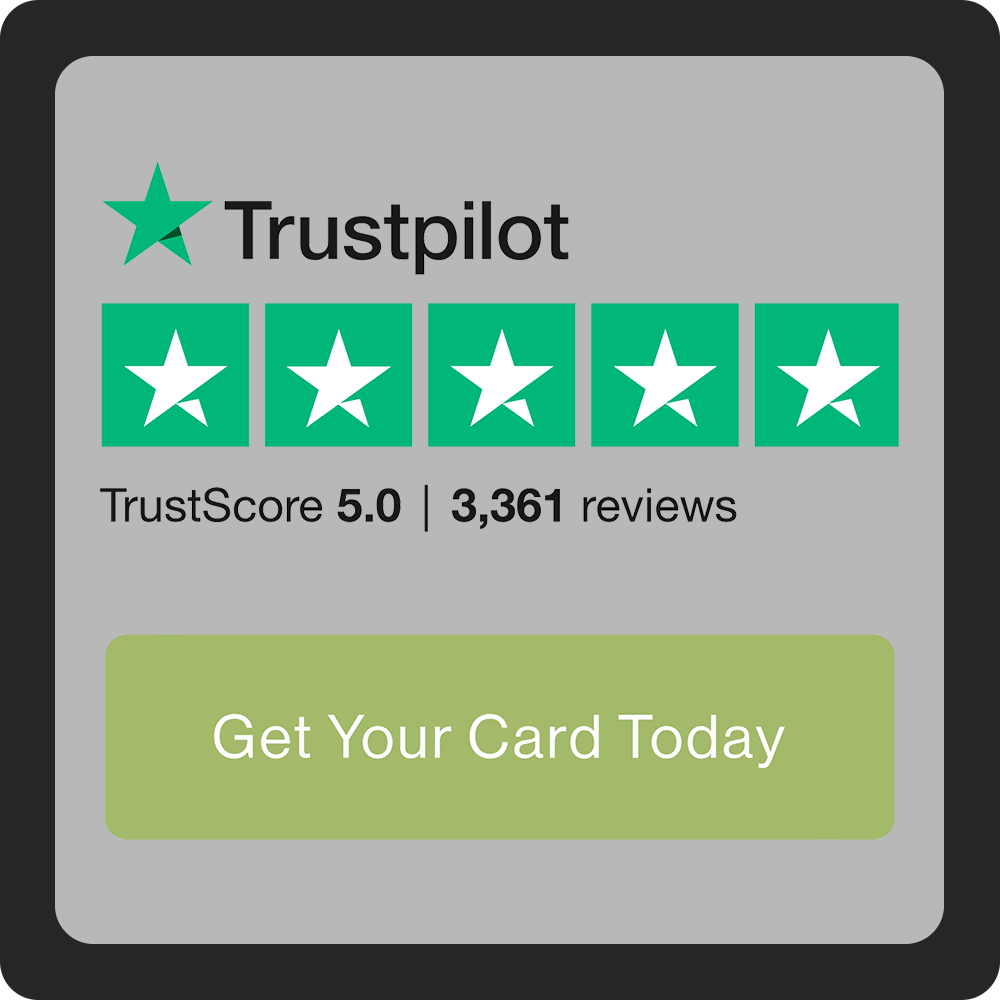The Process of Obtaining a Virginia Medical Marijuana Card: Cost and Steps
As the legalization of medical marijuana continues to expand across the United States, Virginia joined the ranks of states allowing its use for qualifying medical conditions. In this blog, we'll take you through obtaining a Virginia Medical Marijuana Card, focusing on the associated costs and the steps involved.
Understanding the Virginia Medical Marijuana Card
A Virginia Medical Marijuana Card, also known as an MMJ card or cannabis patient card, is a state-issued document that grants individuals the legal authority to purchase and possess medical marijuana for approved medical conditions. It's essential to remember that medical marijuana cardholders must adhere to strict regulations and guidelines set by the state.
Step 1: Determine Eligibility
Before you begin the application process, you must ensure that you meet the eligibility criteria set by the Virginia Department of Health. To qualify for a medical marijuana card in Virginia, you must:
● Be a resident of Virginia.
● Have a certified diagnosis of a qualifying medical condition.
● Be under the care of a registered healthcare provider in Virginia.
Note: Qualifying medical conditions may include cancer, epilepsy, glaucoma, Crohn's disease, and several others, as the state specifies.
Step 2: Find a Registered Healthcare Provider
To obtain a medical marijuana card in Virginia, you must consult with a registered healthcare provider. These healthcare providers have completed specific training to certify patients for medical marijuana use. During your consultation, your provider will evaluate your medical history and assess whether medical marijuana may be a suitable option for your condition.
Step 3: Receive Certification
If your healthcare provider determines that medical marijuana is a viable option for your condition, they will issue a written certification. This certification is a crucial document required for your MMJ card application.
Step 4: Create a Patient Profile
Once you have obtained your written certification, you must create a patient profile on the Virginia Department of Health's website. This profile will serve as the foundation for your MMJ card application.
Step 5: Complete the Application
After creating your patient profile, you can complete the MMJ card application form. Be prepared to provide necessary personal information, including your full name, address, and contact details. You will also need to upload your written certification during this step.
Step 6: Await Approval
Once your application is submitted, it will undergo a review process by the Virginia Department of Health. If your application is approved, you will receive your MMJ card via email, and a physical card will be mailed to your registered address.
Step 7: Purchase Medical Marijuana
With your Virginia Medical Marijuana Card in hand, you can legally purchase medical marijuana from licensed dispensaries in the state. It's important to note that the possession and use of medical marijuana should comply with Virginia's laws and regulations.
Medical Marijuana Card Cost in Virginia
Obtaining a Virginia Medical Marijuana Card comes with associated costs. As of September 2021, the initial application fee for a one-year MMJ card in Virginia was $50. However, it's essential to verify the current fees as they may change over time. In addition to the application fee, patients may also incur costs associated with the healthcare provider's consultation for certification, which may vary depending on the provider.
Discover the Costs of Medical Marijuana in VA Today!
Obtaining a Virginia Medical Marijuana Card is a multi-step process that involves determining eligibility, consulting with a registered healthcare provider, and completing an application. The associated costs, such as the application fee and healthcare provider consultation fees, are essential considerations for those seeking medical marijuana for their needs.
However, please always consult the latest information from the Virginia Department of Health to ensure accuracy in the application process and associated costs.




